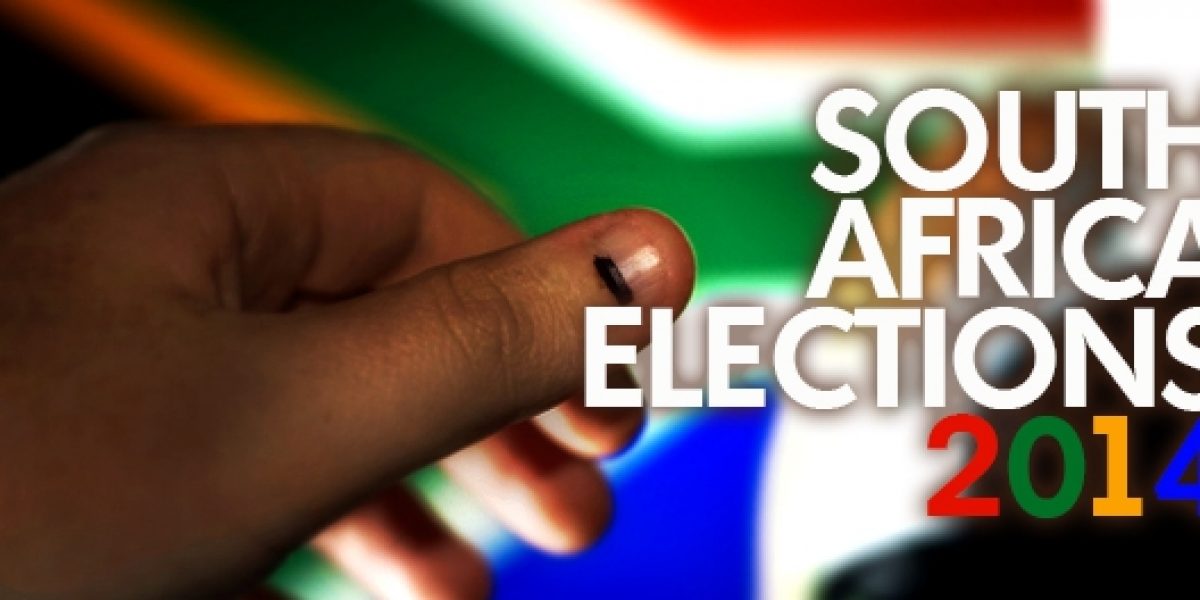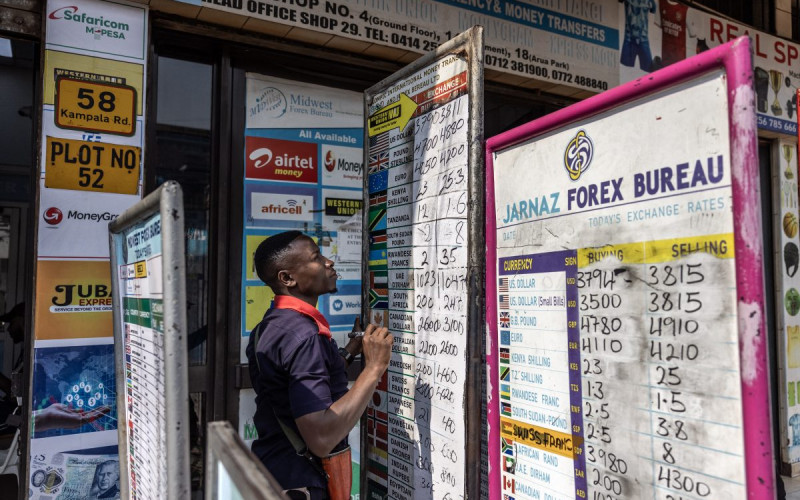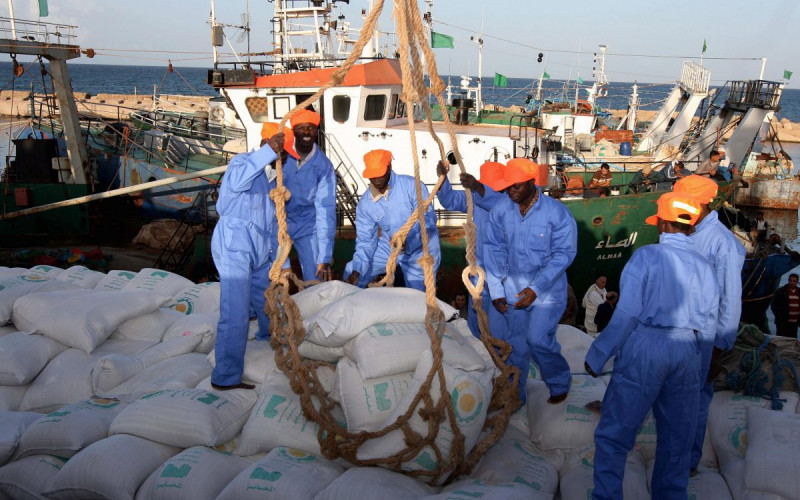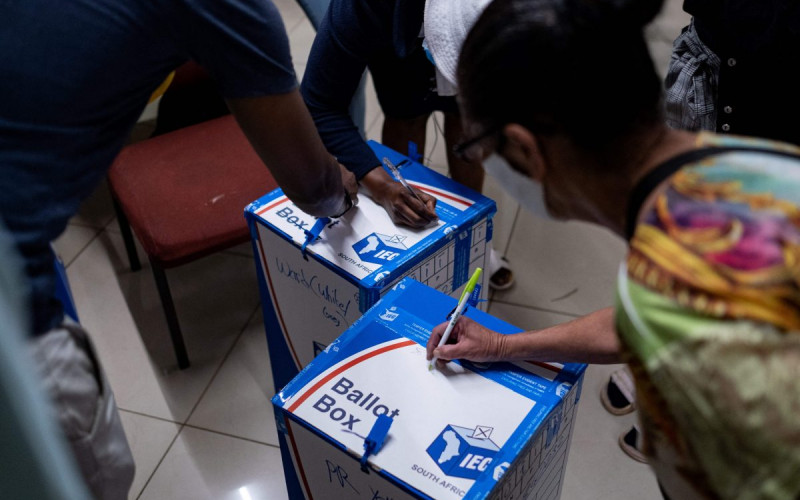After 1994, the transition to democracy was accompanied by the liberalisation of South Africa’s trade policies and economy. This is evidenced by the significant increase in the volume of imports and exports from 1994 onwards. The country moved from protectionism and import substitution to become one of the most liberalised emerging markets. Imports and exports increased dramatically and a trade surplus was maintained for the first decade after the transition to democracy in 1994.
Thereafter South Africa however experienced a substantial decline in its terms of trade. A trade surplus was re-established for a brief period from 2010 to early 2012, but a deficit returned thereafter and continues. With reference to Africa though, the country maintains a trade surplus with its region and with most African markets, highlighting the importance of African trade relations for future growth.
In this context, it would be assumed that trade policy and its practice would be a common, if lesser thread running through the national political discourse prior to general elections. In this light, a scan was therefore undertaken of a number of political party manifestos, looking for references to trade.
African National Congress
The African National Congress (ANC) manifesto notes the role of local procurement by the state to increase domestic production and the creation of decent jobs. The ANC wants the state to progressively buy at least 75% of its goods and services from South African producers. This will extend to infrastructure related purchases by public entities such as Eskom and Transnet. Manufacturing competitiveness seen as a key area, with a Manufacturing Competitiveness Enhancement Programme and special economic zones as incentives.
Minerals beneficiation also features, whereby raw materials will be processed before export. The party commits itself to ensuring increased exports – particularly manufactured and value-added exports. No mention is made of the role of imports or tariffs. Trade among African countries will be promoted as part of an effort to support regional integration and sustain regional industrialisation. Ports infrastructure will be expanded.
The Democratic Alliance
The Democratic Alliance (DA) manifesto states that government must make it easier for South African businesses to trade with other countries, especially African countries, so as to create jobs. A DA government would promote economic growth and job creation through an export regime and trade policy to enable SA companies to do business in the global market. If elected to national government, the DA promises to:
- Establish one-stop border posts to expedite border crossing processes, reduce administrative burdens and costs, and enhance regional trade.
- Make the promotion of trade the primary focus of SA’s foreign missions and train SA diplomats to ensure that the network of diplomatic representatives can deliver solid economic gains.
- Simplify import, export and customs procedures to encourage trade with South Africa.
- Work towards the establishment of a regional common market.
The manifesto further calls for trade agreements that optimise South Africa’s strategic advantages, including with the rest of Africa, and calls for the renewal of the United States’ African Growth and Opportunity Act.
Agang
Agang’s manifesto contains virtually no mention of trade or anything specifically import/export or tariff related. The manifesto does not make reference to the Southern African region, or Africa. A Policy Book will apparently be produced which will provide more detail.
Economic Freedom Fighters
The Economic Freedom Fighters (EFF) manifesto lists high levels of imports of consumer goods and services and machinery as a problem. The fact that South Africa imports more food than it exports is also identified as problematic. The manifesto states that an EFF Government will build a sustainable “food economic chain” which will export “food items”. This, it is stated, will lead to the creation of millions of jobs across the entire food chain. All food “traders” (retailers) in South Africa, will be compelled by law to buy South African “food products” and support efforts that produce these products. Customs and excise duties and levies will be increased by 50%.
An EFF Government would play a leading role in the promotion of intra-African trade partnerships and relationships. An EFF government will direct South African economic actors to purchase African goods and services, whilst exporting economic goods and services to African countries. The manifesto highlights progressive trade partnerships. This would entail:
- building trade relations with countries which appreciate that South Africa and Africa as a whole are not just suppliers of natural resources and products, but are suitable for industrial and technological development.
- building relations with countries and economies that appreciate that South Africa is not “a dumping ground for agricultural and industrial products.”
The manifesto states that an EFF government will lead a progressive programme which will transform Africa from a passive exporter of natural resources into a continent that beneficiates and industrialises its raw materials. With reference to South Africa the document calls for massive and protected sustainable industrial development and diversification to create millions of decent jobs. Key features include increased tariffs, the protection of infant and existing industries through subsidies, and state aided marketing and promotion of South African products domestically and globally, focused on progressive and beneficial trading partners. The document calls for import substitution, to ensure the development, protection, and localisation of industries which produce basic goods and services, such as cutlery and crockery, building materials, furniture, light-bulbs and decorations, solar water geysers, soaps, electronics, and clothing and footwear.
Inkatha Freedom Party
The Inkatha Freedom Party (IFP) manifesto states that one of the problems facing the country is too many industries are uncompetitive. The mining industry is seen as in a state of severe decline. Industries such as sugar, textiles, tomatoes and chicken are seen as being threatened by imports from China and South America. As one of the solutions the IFP would encourage new and current farmers to grow cash crops for export. The manifesto does not make reference to the Southern African region, or Africa.
Congress of the People
The Congress of the People (COPE) manifesto states that one of the conditions for growing South Africa’s economy and sustainably developing would be the creation of more tradable goods and expanded inter-African trade. South Africa’s competitive advantage in the global supply chain should be exploited. COPE would promote inter-African trade to accelerate the development and unity of Africa.
African Christian Democratic Party
One of the areas of emphasis in the African Christian Democratic Party (ACDP) manifesto is job creation. Amongst other measures to boost employment, reduce poverty and achieve annual economic growth of 7%, the ACDP would raise the country’s global competitiveness and foreign earnings by focusing on its comparative advantages in areas such as mining, construction, manufacturing, agriculture, tertiary education, tourism and business services. The ACDP would also aim to increase trade with countries with fast-growing markets such as Asia, Brazil and Africa.
Conclusion
The ANC, DA and EFF have the greatest focus on trade and attempt to provide some policy detail. The IFP, COPE and ACDP highlight the role of trade but do not go into detail. Agang, surprisingly, does not attempt to spell out a policy on trade.
Given the recent fierce battles over imports of chicken and sugar, and the political mileage made of the impact on jobs and poor consumers, it is notable that only the EFF and IFP include mention of imports or tariff policy. Awareness of the importance of African trade for South Africa is at least evident, in that all the party manifestos examined touch on this, except those of Agang and the IFP.
Overall, trade and trade policy do feature in the manifestos, but not at a consistent level, and the potential of trade is not fully explored. The EFF ironically provides the most comprehensive proposals, although overtly ideological in character.






